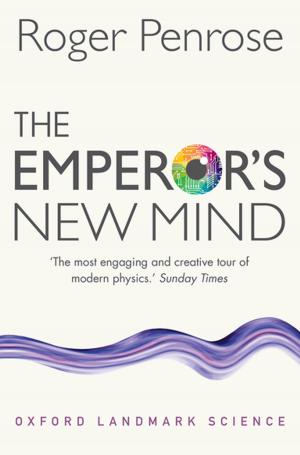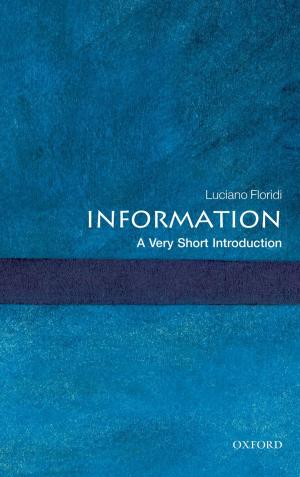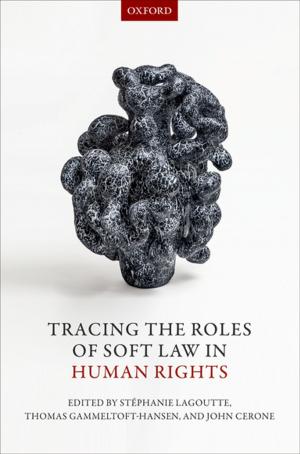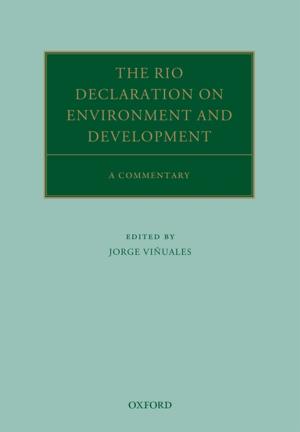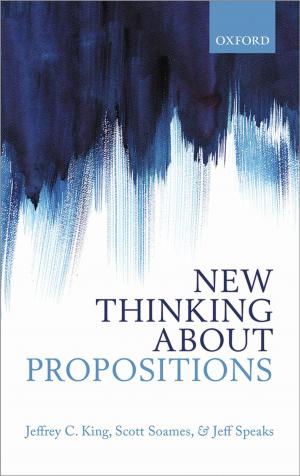Reference
Nonfiction, Computers, Advanced Computing, Natural Language Processing, Reference & Language, Language Arts, Linguistics| Author: | Barbara Abbott | ISBN: | 9780191613517 |
| Publisher: | OUP Oxford | Publication: | March 25, 2010 |
| Imprint: | OUP Oxford | Language: | English |
| Author: | Barbara Abbott |
| ISBN: | 9780191613517 |
| Publisher: | OUP Oxford |
| Publication: | March 25, 2010 |
| Imprint: | OUP Oxford |
| Language: | English |
This book introduces the most important problems of reference and considers the solutions that have been proposed to explain them. Reference is at the centre of debate among linguists and philosophers and, as Barbara Abbott shows, this has been the case for centuries. She begins by examining the basic issue of how far reference is a two place (words-world) or a three place (speakers-words-world) relation. She then discusses the main aspects of the field and the issues associated with them, including those concerning proper names; direct reference and individual concepts; the difference between referential and quantificational descriptions; pronouns and indexicality; concepts like definiteness and strength; and noun phrases in discourse. Professor Abbott writes with exceptional verve and wit. She presupposes no technical knowledge or background and presents issues and analyses from first principles, illustrating them at every stage with well-chosen examples. Her book is addressed in the first place to advanced undergraduate and graduate students in linguistics and philosophy of language, but it will also appeal to students and practitioners in computational linguistics, cognitive psychology, and anthropology. All will welcome the clarity this guide brings to a subject that continues to challenge the leading thinkers of the age.
This book introduces the most important problems of reference and considers the solutions that have been proposed to explain them. Reference is at the centre of debate among linguists and philosophers and, as Barbara Abbott shows, this has been the case for centuries. She begins by examining the basic issue of how far reference is a two place (words-world) or a three place (speakers-words-world) relation. She then discusses the main aspects of the field and the issues associated with them, including those concerning proper names; direct reference and individual concepts; the difference between referential and quantificational descriptions; pronouns and indexicality; concepts like definiteness and strength; and noun phrases in discourse. Professor Abbott writes with exceptional verve and wit. She presupposes no technical knowledge or background and presents issues and analyses from first principles, illustrating them at every stage with well-chosen examples. Her book is addressed in the first place to advanced undergraduate and graduate students in linguistics and philosophy of language, but it will also appeal to students and practitioners in computational linguistics, cognitive psychology, and anthropology. All will welcome the clarity this guide brings to a subject that continues to challenge the leading thinkers of the age.






